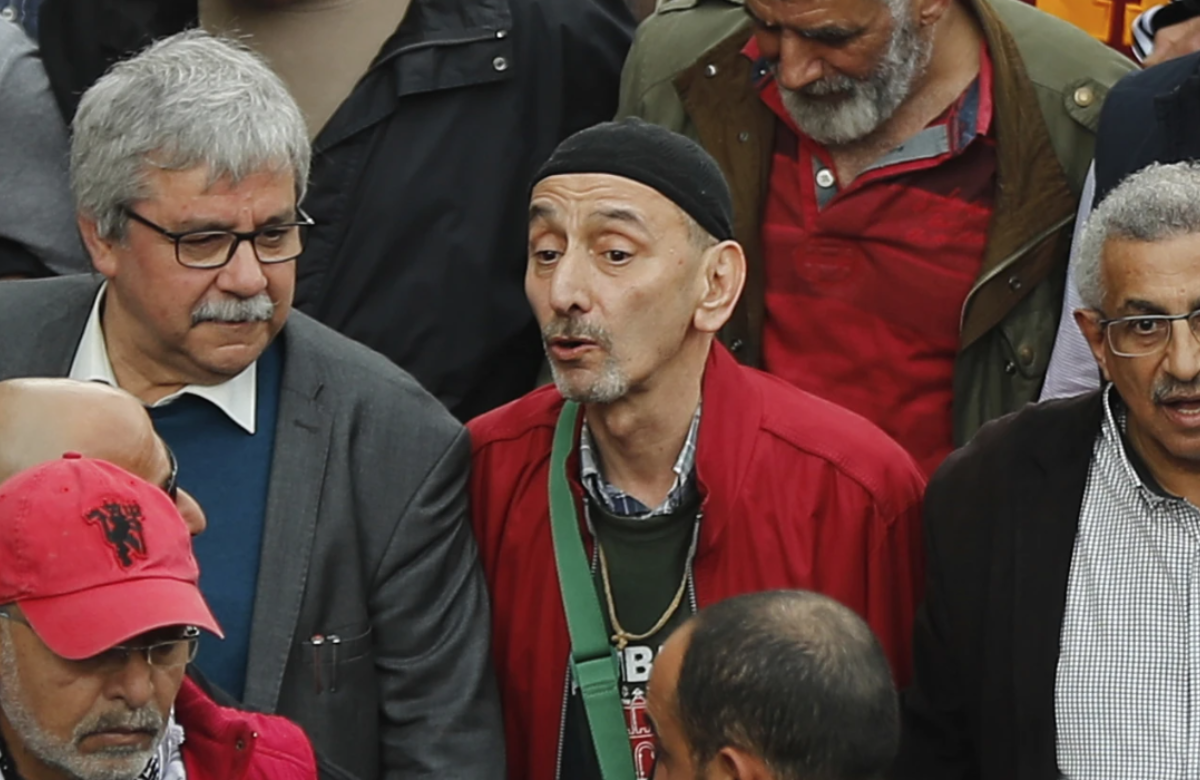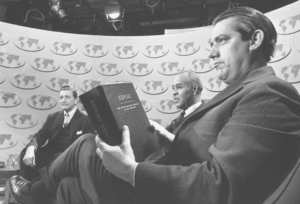Ziad Rahbani, the renowned Lebanese composer, playwright, pianist, and outspoken political voice, has passed away at age 69, according to a source close to him. The cause of death has not been disclosed. Rahbani was born in 1956 in Antelias, near Beirut, and was the eldest son of the legendary singer Fayrouz and composer Assi Rahbani—half of the famed Rahbani Brothers. From an early age, he demonstrated remarkable musical prowess, composing his first piece at just 17. Raised amid artistic greats, Rahbani’s creative world was shaped by theater, music, and political awareness—a blend that defined his life.
His mother, widely regarded as the most illustrious performer in the Arab world, often performed his compositions in her concerts. His unique style combined Lebanese folk roots with Western syncopation and phrasing.
Lebanon’s President hailed Rahbani as “not merely an artist, but a complete intellectual and cultural phenomenon.” He praised him as “a living conscience, a defiant voice against injustice, and a powerfully honest reflector of suffering and marginalization.” The president also acknowledged how Rahbani’s genre-blending of classical, jazz, and oriental music “opened new avenues for Lebanese cultural expression” and elevated it globally. He added that Rahbani was “a seamless extension of the Rahbani family legacy, which has long enriched Lebanon with creativity and dignity.”
Lebanese pop icon Elissa wrote: “Ziad_Rahbani was no ordinary artist… With his passing, Lebanon has lost part of its collective memory.” Parliament Speaker Nabih Berri extended condolences to Fayrouz and the Rahbani family on this “brilliant artist’s” loss, noting that Rahbani embodied the Lebanon beloved by many. Minister of Culture Ghassan Salame commented, “While we mourn him, we will continue singing his songs—they never die.” Prime Minister Nawaf Salam described him as “an exceptional creative force—a free voice committed to justice and dignity.”
A Music That Was Not Western
While his parents forged Lebanon’s golden era of musical theater characterized by idealism and nostalgia, Ziad made his own mark with biting satire, fearless political commentary, and jazz-inflected scores that reflected Lebanon’s chaos during civil strife and occupation.
“I admire Charlie Parker, Stan Getz, Dizzy Gillespie—but my music isn’t Western. It’s Lebanese, with its own form of expression,” he once said.
Rahbani’s compositions mirrored Lebanon’s mixed heritage—the cultural crossroads where East and West met before the civil war. Yet his music remained grounded in the trauma of sectarian conflict, street violence, and the Israeli occupation of parts of Lebanon after 1982.
His breakthrough play, Nazl el‑Sourour (Happiness Hotel), debuted in 1974 when he was just 17. Set in a restaurant commandeered by workers demanding their rights, the satirical drama exposed class inequality and political corruption. The enduring theme was clear: Lebanon was fractured not only by war, but by entrenched social power.
A leftist Greek Orthodox by faith, Rahbani continued to write theatrical and satirical radio works challenging sectarian divisions through irony and bold political insight.
His next stage work, Bennesbeh Labokra Chou? (What About Tomorrow?) portrayed a disillusioned bar pianist drifting through post-war Beirut’s surreal landscape of broken dreams, corruption, and absurdity. Featuring some of his most poignant compositions and scathing commentary, it includes the memorable line: “They promise tomorrow will be better—but what about today?”
A Legacy of Boundary-Pushing Music
Rahbani’s music transcended genre. He wove Arabic melodies together with jazz, funk, and classical elements, forging a distinctive hybrid sound instantly recognizable. His live performances, whether in intimate Hamra cafés or large-scale productions, became legendary.
Collaborating extensively with Fayrouz—especially in the late 1970s and 1980s—he ushered in a deeper, more politically charged phase of her repertoire. Songs like Ouverture 83, Bala Wala Chi (Without Anything), and Kifak Inta (How Are You) showcased his brooding musical style and introspective lyrics.
Though traditionalist critics rebuked him for blending Western and Arab traditions, his impact only grew. In recent years, younger audiences discovered his work online, and his music became part of protest movements.
Despite a lower public profile in recent times, his influence endured. He continued composing and writing, often speaking out against Lebanon’s political paralysis and social decay.
Ziad Rahbani is survived by his mother Fayrouz (age 90), sister Reema, and brother Hali. His death marks the loss of a towering creative force in Lebanese culture—one whose voice remains both defiant and deeply soulful.
Also Read:
David Mabuza, a former South African deputy president, has died at age 64, his party says













